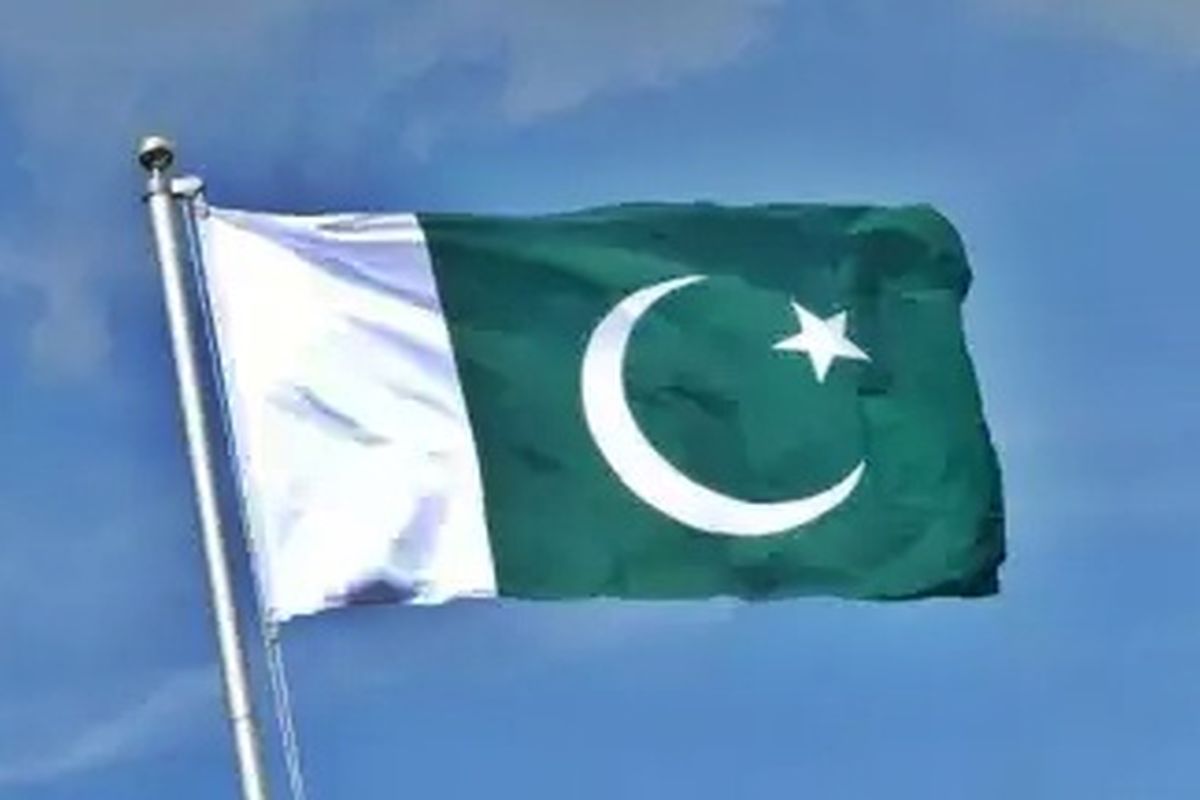That Pakistan is locked in an intense debate over its future diplomatic direction has been confirmed after a recent cable leak exposed the government’s inclination to go all in with China.
Islamabad has clearly become disenchanted with the lack of support from the USA as it struggles with an economic crisis that has brought it to the brink of debt default.
Advertisement
While the leak does highlight the differences between Pakistan’s civilian leadership and its powerful army, which prefers to balance ties with the rival superpowers, there is a growing acceptance within the military establishment that American interests in not just South Asia but also the Indo-Pacific are far more aligned with those of India.
The Taliban regime in Kabul, meanwhile, has agreed with China and Pakistan to extend the Beijing-promoted Belt and Road Initiative (BRI) to Afghanistan, potentially drawing in billions of dollars to fund infrastructure projects in the sanctions-hit country but more vitally, giving China the opportunity to cement itself as the great power in the region as the Americans continue their pivot away from Af-Pak. Chinese Foreign Minister Qin Gang and his Pakistani counterpart Bilawal Bhutto Zardari met in Islamabad on Saturday and pledged to work together on Afghanistan’s reconstruction process including, rather significantly, taking the $60 billion China-Pakistan Economic Corridor (CPEC) to the Taliban-ruled nation. Taliban’s top diplomat Amir Khan Muttaqi travelled to Islamabad to meet his Chinese and Pakistani counterparts and reached an agreement to this effect.
All these developments could have profound implications for India’s external environment. If the CPEC takes off, drawing in Afghanistan and the Central Asian Republics (not to mention Russia and Turkey), it will likely be a gamechanger. The CPEC envisages modernising Pakistan’s ~ and now potentially Afghanistan’s ~ energy transportation systems to connect the deep-sea ports of Gwadar and Karachi to the Xinjiang Uygur Autonomous Region in China and beyond by overland routes. Beijing’s aim is to reduce the time and cost of transporting goods and energy to China by circumventing the Strait of Malacca and the South China Sea. If Pakistan decides it can live in the Chinese debt-trap, Beijing overcomes its hesitancy to reschedule Islamabad’s debt repayments, the CPEC can survive the post-pandemic slowdown in execution of works, and Islamabad effectively cracks down on militants attacking infrastructure and abducting Chinese nationals, both nations will gain economically and in strategic terms as the new Great Game plays out.
The two-front challenge for India given the China-Pakistan axis will also get more acute in this scenario. The question then becomes how should the USA ~ which has a large say in global financial institutions ~ and its partners deal with Pakistan’s appeals for bailouts to prevent an economic collapse in the context of great power rivalry? Also, what role can Delhi play, in coordination with Washington, to prevent an adverse fallout on its interests of an armed-to-the-teeth, Army controlled China proxy on its western border, which is riven by strife, radicalisation, and social instability?











